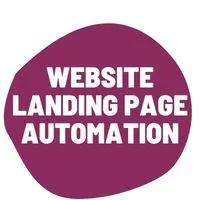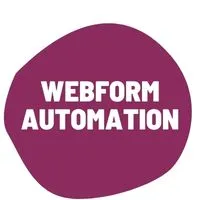What is B2B marketing automation? | A small business guide to automated digital marketing
Learn how to implement B2B marketing automation to effectively streamline your marketing efforts, save time, and keep your teams in sync.
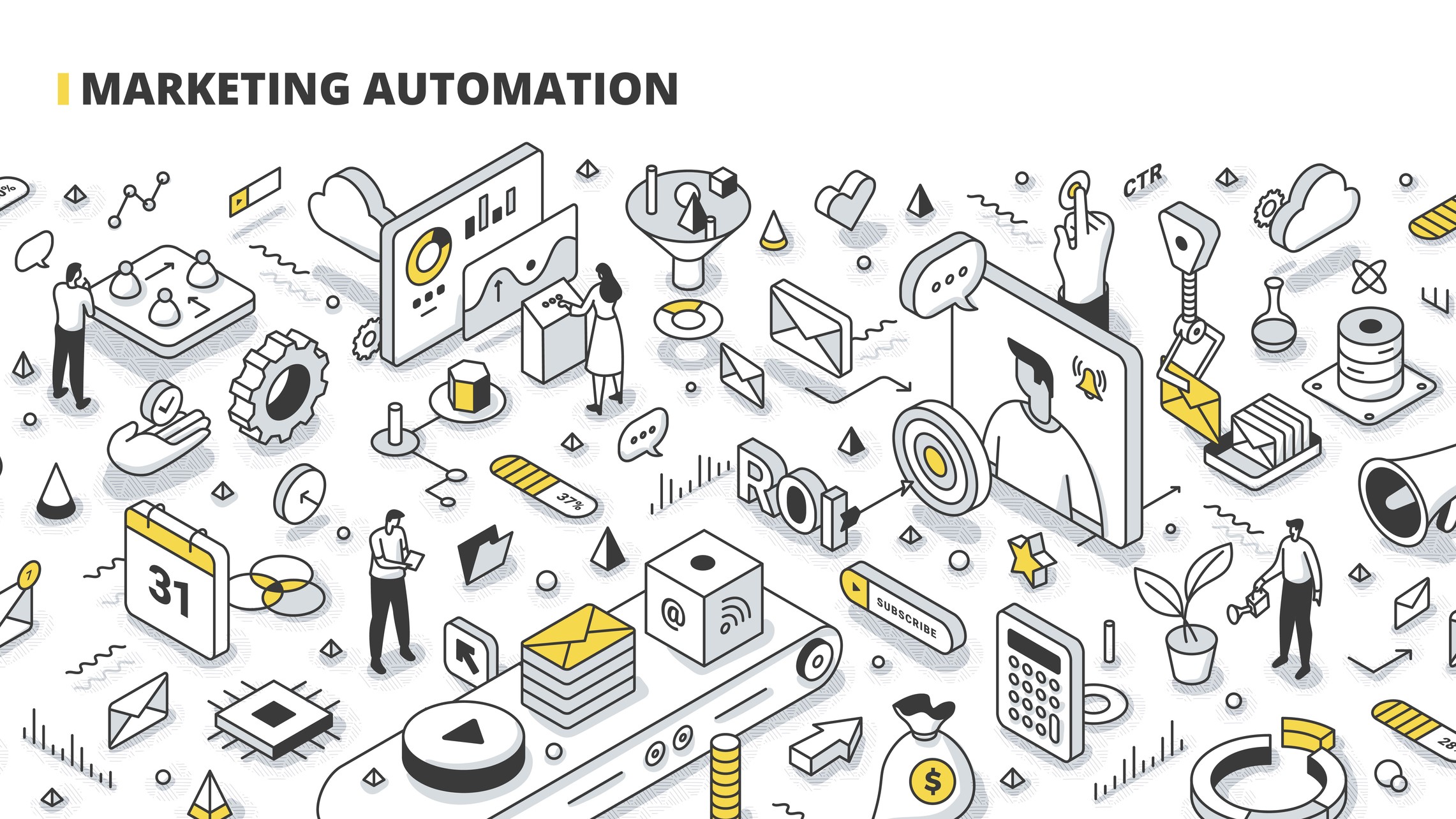
What is B2B marketing automation?
Marketing automation refers to the systems and automated processes that organizations use to facilitate various marketing activities. For B2B professionals, it's often used to secure leads and monitor their account needs before and during the sales lifecycle. The right marketing automation setup depends on factors such as your current initiatives, the size of your organization, and the customer journey you want to implement.
Why should businesses use marketing automation?
Modern B2B marketers often have to deal with many moving parts, including content marketing, social media engagement, email campaign management, and SEO upkeep, as the minimum marketing effort to stay competitive.
As with B2C marketers, B2B marketing automation can help save time to focus on these efforts. We'll be looking into how some B2C automated marketing campaigns can help inspire your B2B marketing drive later on.
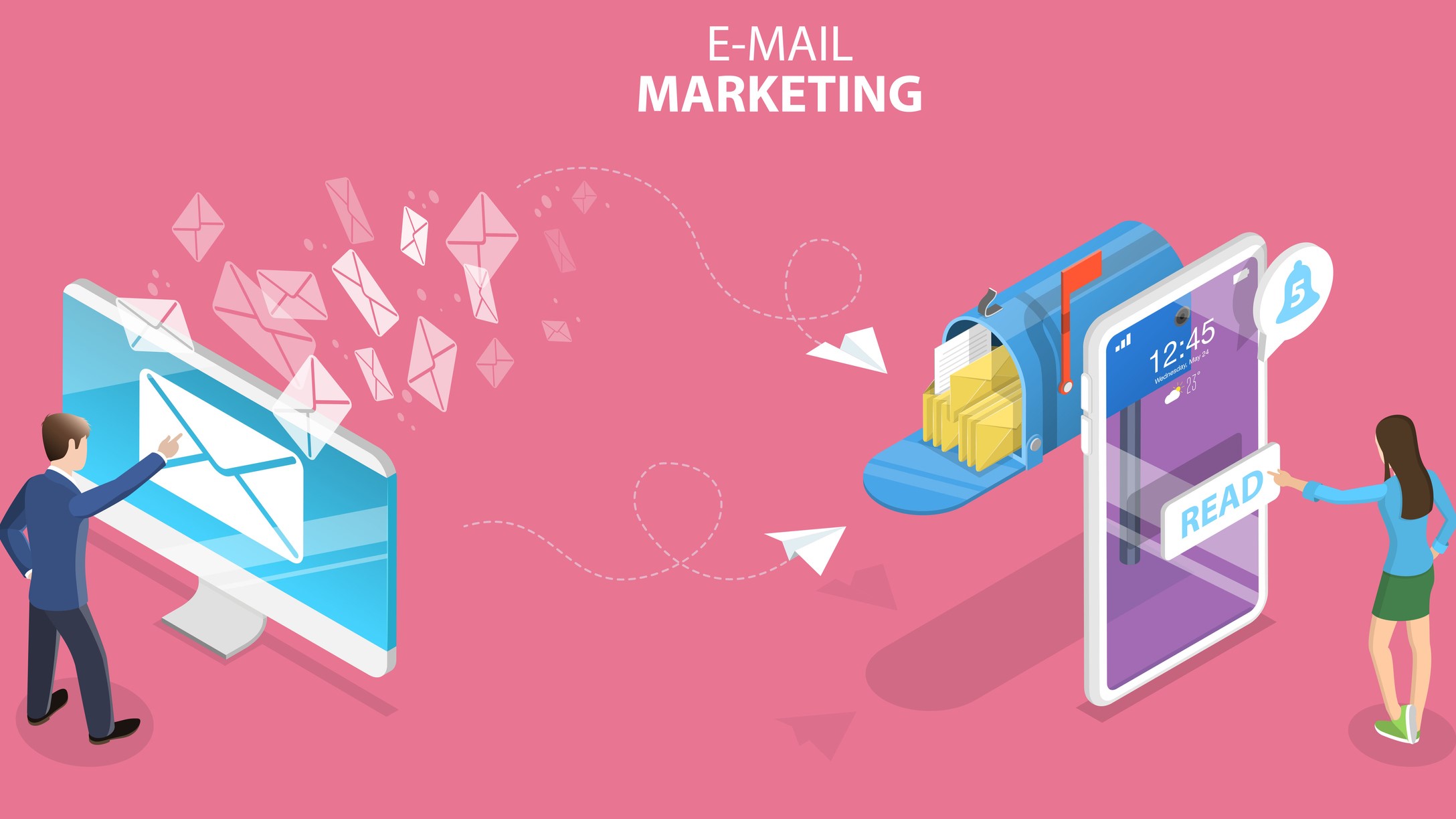
Learn about B2C marketing automation.
In this article, we’ll be diving into all things SMB marketing automation. You’ll learn what it is, why it’s important, how you can make it work in your business. We’ll also walk you through its history and share marketing automation examples that you can draw inspiration from.
The importance of automation in B2B digital marketing
While there are countless apps out there that can help you run your promotional initiatives, keeping your marketing operations functioning smoothly can still be a major challenge. Even the most robust email apps or the best content marketing tools won’t work well if they don’t integrate with your other marketing solutions.
This is why marketing automation for small businesses is so important. Marketing automation helps you achieve your marketing efforts faster. When implemented correctly, marketing automation platforms can streamline lead generation for SMB owners by ensuring real-time data sync across software platforms and automating the operational aspects of B2B digital marketing tasks—at any interval of your choice—so you can focus on the wider B2B marketing roadmap.

Example: How B2B automation can improve your email marketing campaigns
Sign up to the TechRadar Pro newsletter to get all the top news, opinion, features and guidance your business needs to succeed!
For example, from the moment they subscribe to your email marketing list you likely want to keep new sales leads engaged with your marketing content. This is key if you're an SMB owner trying to get to know your client base better. Wouldn't it be great if you could automatically:
1) Personalize the email subject line and greeting with the business contact's name
2) Ensure they get relevant brand content throughout their client lifecycle, with personalized product or service recommendations and promotional offers to position them for another point of sale
3) Monitor their email open rate in their first few months of sign up to learn which business content they enjoy most and the best time of day for them to open your email, via an automated email analytics report
Well, with a marketing automation platform you can. Plenty of automated marketing platforms like Klaviyo, MailChimp and Hubspot are designed specifically for growth marketing across all your marketing channels. Pardot, B2B marketing automation by Salesforce, is perhaps the most popular B2B marketing automation pick.
B2C automation inspiration for B2B marketing automation
Before we jump into marketing automation for small business, let's look at two B2C companies who use marketing automation expertly: UK bank Monzo and global music favourite, Spotify.
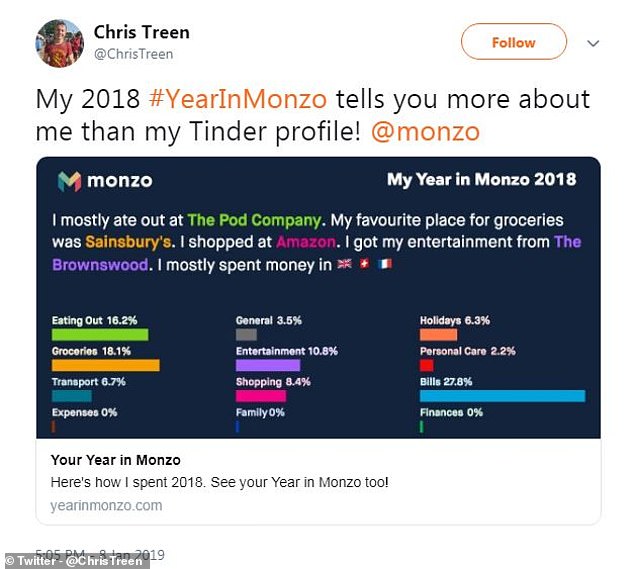
Case study: Monzo's #YearInMonzo personalized automated marketing emails
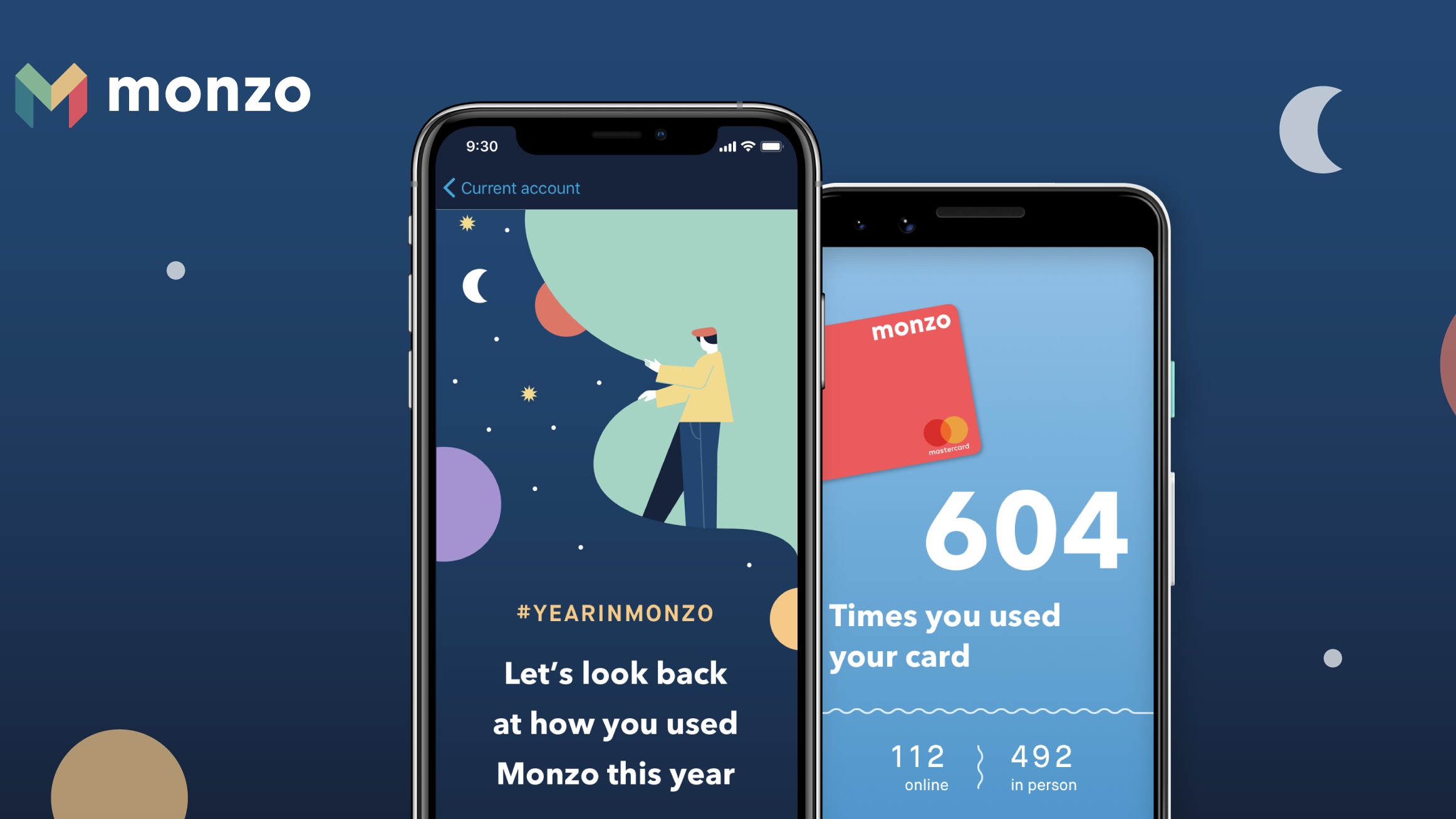
Case study: Monzo's Year in Monzo personalized automated marketing emails
Popular online bank Monzo are well known for their community focused, user-first approach both in their services and marketing efforts. In fact, back in 2018 they partnered with "the world’s largest automation platform — IFTTT." It follows then that their email marketing campaigns are customer led and personalized, even when automated.
Despite having over five million customers Monzo uses marketing automation to create a year-in-review 'Year in Monzo' email of individual spending habits. Not only is this a helpful customer summary it also serves as brand engagement via personalization.
Naturally, customers also receive an annual statement of fees, but this works as a softer banking approach with a Snapchat-style carousel of interactive graphics, custom user data and Monzo's trademark playful design. This kind of engagement can be invaluable for brands, especially if leads to customer-generated marketing such as the tweet shown above in the picture carousel.
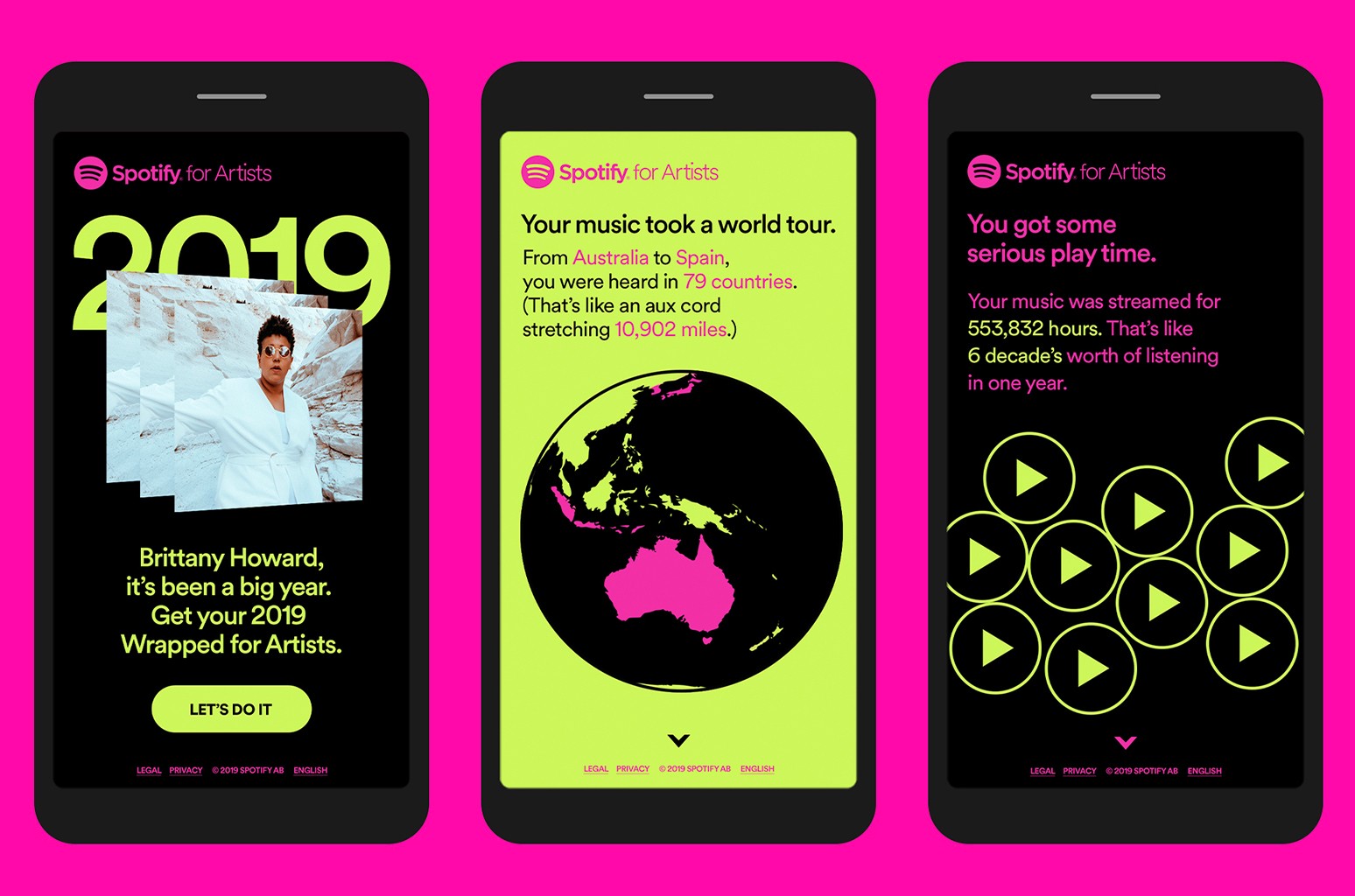
Case study: Spotify's annual Wrapped campaign for listeners and artists using data automization

Case study: Spotify's annual Wrapped campaign for listeners and artists using data automization
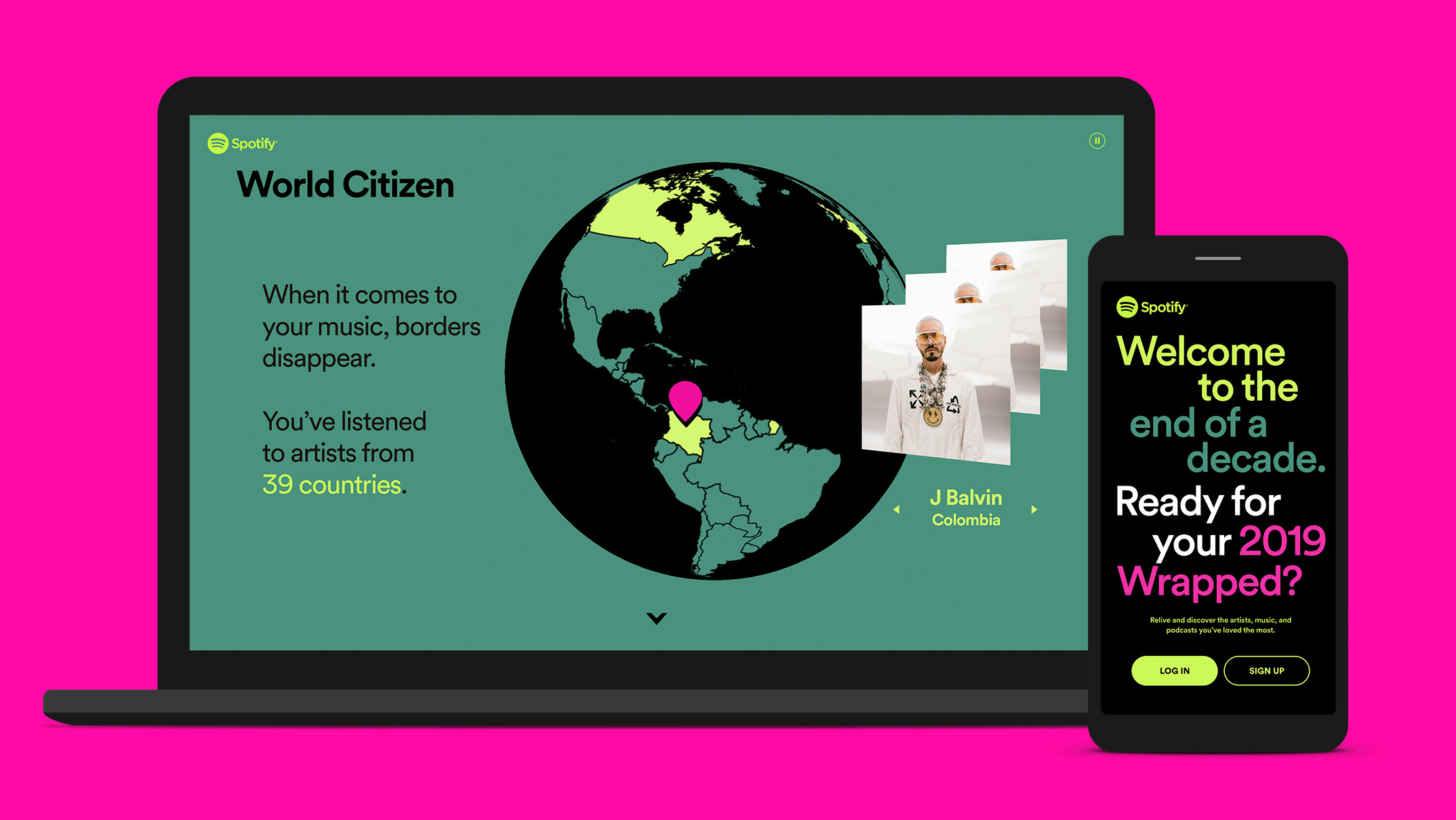
Case study: Spotify's annual Wrapped campaign for listeners and artists using data automization
Spotify's yearly Wrapped email marketing campaign is an excellent example of using customer personalization and marketing automation in tandem. Each year Spotify draws listeners back to its platform by recapping their favourite songs, artists and genres via an automated email that encapsulates their musical journey in those 52 weeks. It's pretty genius to use someone's own music tastes as time capsule for the purpose of getting them to use your product again. Never underestimate nostalgia!
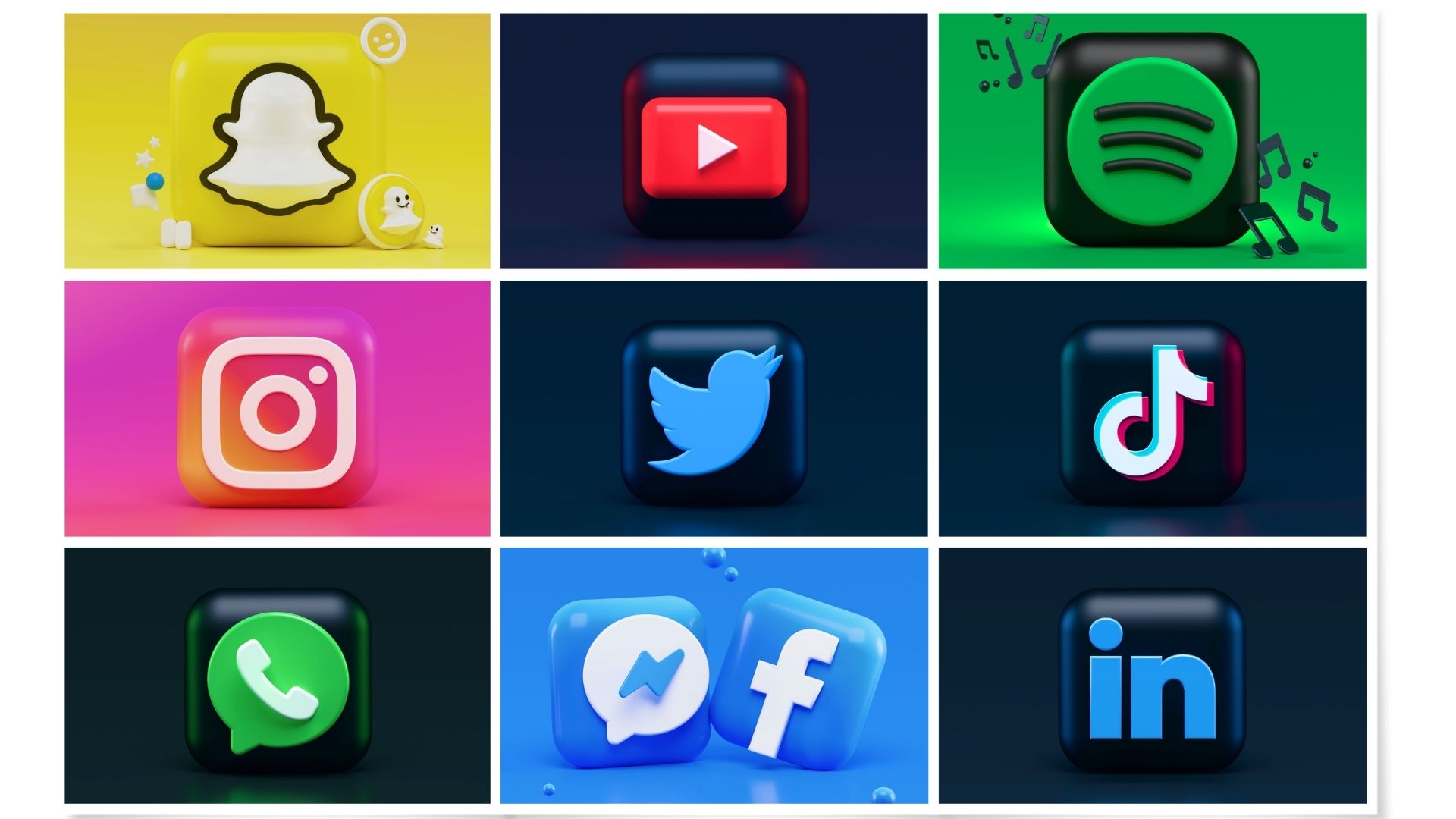
We break down the history, development and modern online marketing trends plus examples in our What is digital marketing? guide.
The brilliant thing about thing about the campaign is it starts off as email automation and expands into gamification. Using the email link, customers can find personalized playlists made by Spotify, favourite podcast insights, and can even quiz themselves on their favourite artists of the year. Not bad for a company that has over 170 million premium subscribers alone.
Their automated marketing efforts don't stop there however. The Spotify Wrapped annual automated marketing campaign is also utilized for B2B marketing automation. Spotify send artists on the platform a similar round-up of number of streams broken down into countries, hours and unique listeners.
B2B marketing automation example: Slack
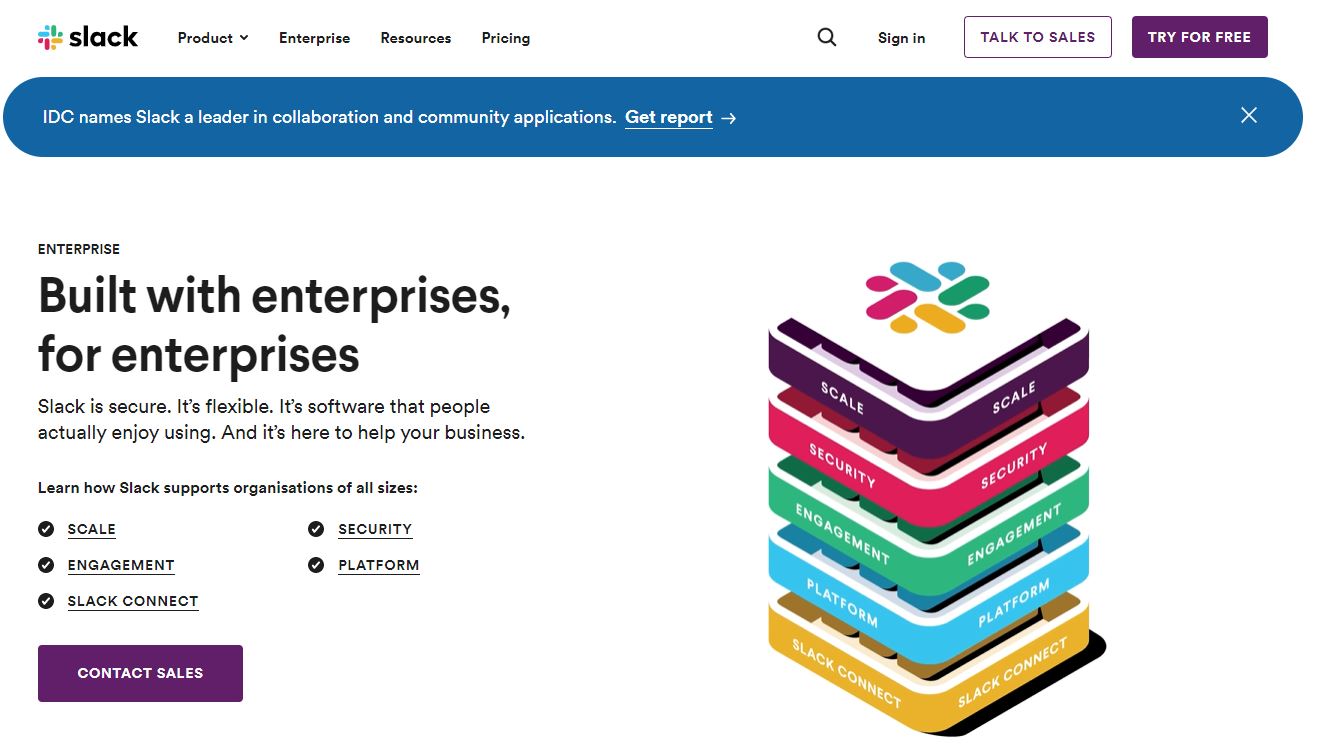
The 'get report' CTA pictured here is just the start of using B2B marketing automation to entice leads. Once the user clicks the link, they are directed to a webform which will trigger an automated email containing a link to the promised report and confirmation that they have been signed up to Slack's marketing content.
More importantly though, the company data added to the webform is segmented by everything from the reader's business department role, to the company they work at, its size and vitally a company contact email address to help Slack convert a single sign-up into a long term business customer.
Slack's B2B marketing automation model is incredibly successful and you can use it as a case study to inspire automation along your own B2B automation journey. As well as considering what you want to share with your leads to generate business, also think about:
1) What they want to read and learn about, and how your product/service can directly meet that need
2) The best time to share that information with them
3) The most engaging way to deliver it
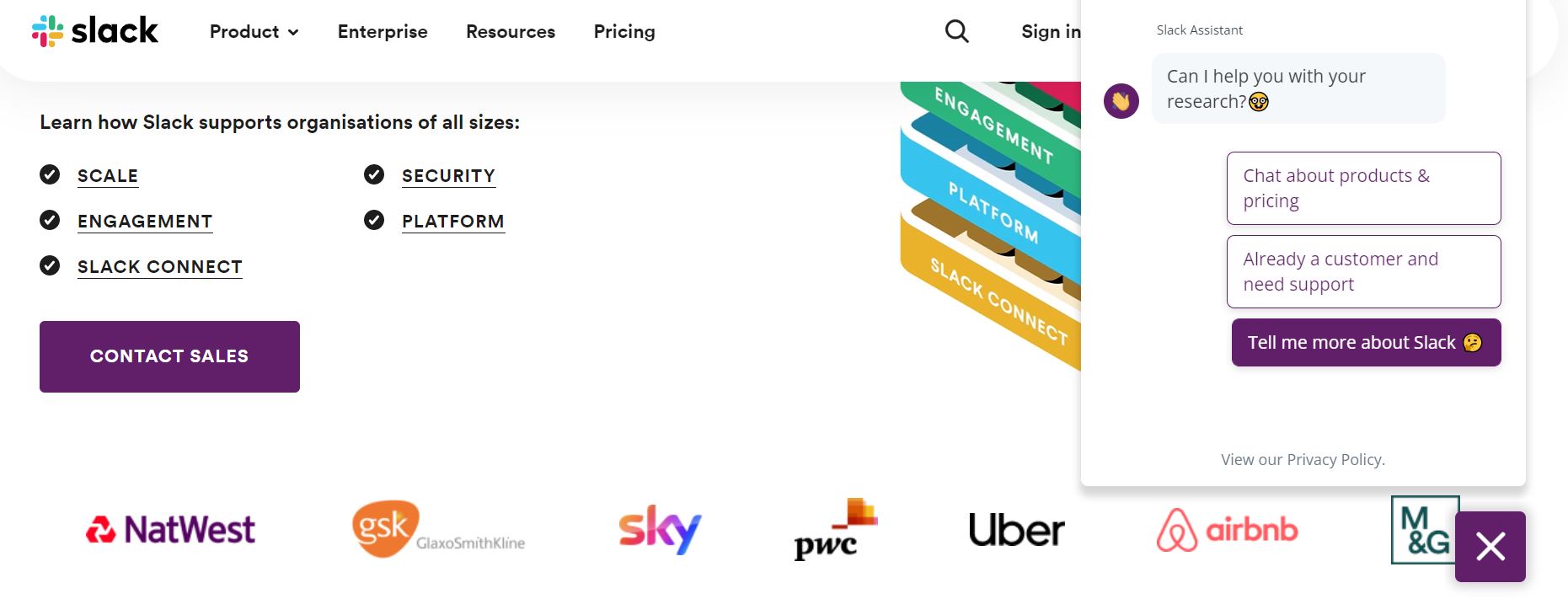
Their webchat bot is another great example of using B2B marketing automation to your advantage. Before the user even gets to the live chat stage with a Slack employee, the bot has already offered them the information they need to find out whether Slack's product is suitable for their business.
This way, by the time the Slack employee speaks to the prospect not only have they been engaged with quality educational brand content, they're a near-qualified lead who've decided this product is worth investing time in.
Added benefits of B2B marketing automation 💡
Along with saving you time and getting more work done on your behalf, marketing automation also keeps your teams in sync. Automation is dependably consistent after all.
This is key if you're a global B2B company or remotely working team, as it's important that certain tasks are automated to stop confusion across colleague and client time zones. Of course, when your B2B marketing automation efforts are successful you'll also see a lift in business sales.
Different types of marketing automation
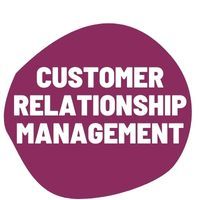
Customer relationship management
A business client is still a customer in need of care, and there are many tasks that come with ensuring healthy customer relationships. These include tracking customer data and purchasing history, as well as regularly touching base with shoppers to ensure they’re happy.
You can streamline these components by using solutions that enable you to collect and manage customer data from one place. B2B marketing automation can also automate tasks like sending follow-up emails and notifications to customers.

Marketing and sales handover
You can use marketing automation for sales outreach initially, and later to ensure that the right leads are efficiently funnelled to your sales team.
Some B2B marketing automation platforms have lead scoring systems that teams can use to determine someone’s likelihood of making a purchase. That info is then used by sales teams to figure out which leads to prioritize.
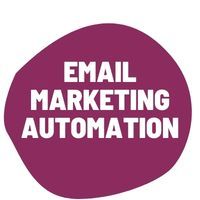
Email marketing automation
Certain types of communications — including welcome messages, abandoned cart emails, and feedback requests — can be powered by B2B marketing automation, so you don’t have to manually send them out.
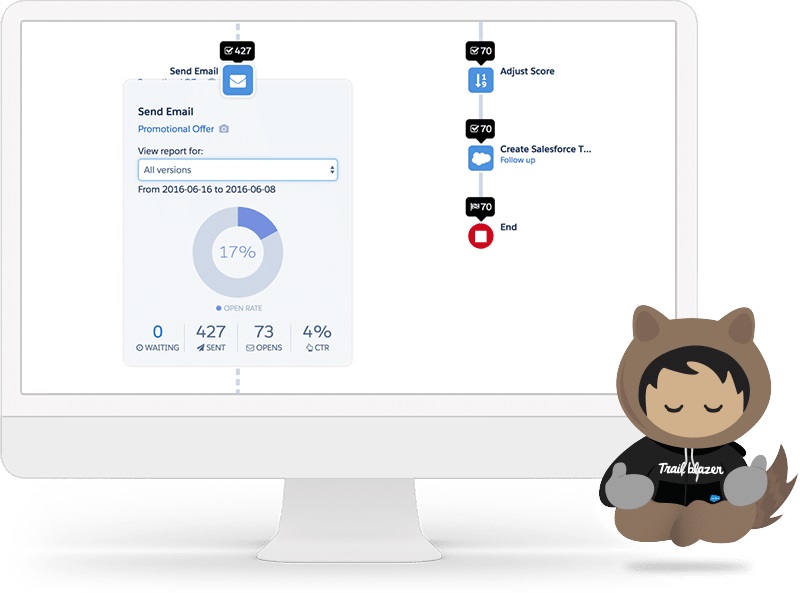
Website landing page automation
Many B2B marketing automation solutions enable you to create dynamic landing pages that can be tailored based on different parameters, including the visitor’s location, referral traffic sources, and previous visits to the website.
Webform automation
If you leverage online forms to collect potential lead information from companies, you can use marketing automation tools to route form entries to the right teams or departments.
You can also use webform automation as part of your customer service level agreement strategy, allowing client's to request a callback within a scheduled timeframe, then following up on the form submission with automated email confirmation of the appointment.
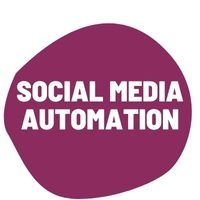
Social media automation
Many solutions also enable you to automate social media tasks, such as publishing new content, liking other posts, following users, and more.
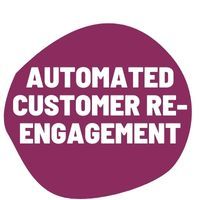
Automated customer re-engagement
B2B marketing automation tools also let you re-engage with your customers when you haven't done business with them in a while.
Some brands, for example, automatically send “We miss you” messages to customers who haven’t purchased in a while.
Other businesses use automation tools to help them re-engage when they release new products or services. With the right B2B marketing automation software it's simple to personalize automated emails with content related to the businesses current needs, so they are prompted to buy.
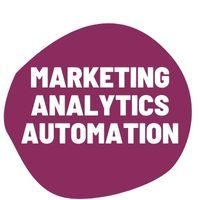
Marketing analytics automation
Ensuring the success of your marketing initiatives requires measuring your performance. Fortunately, most B2B marketing automation solutions make this easy through built-in reporting capabilities as well as integrations with other analytics tools.
Marketing automation vs. CRM: what's the difference?
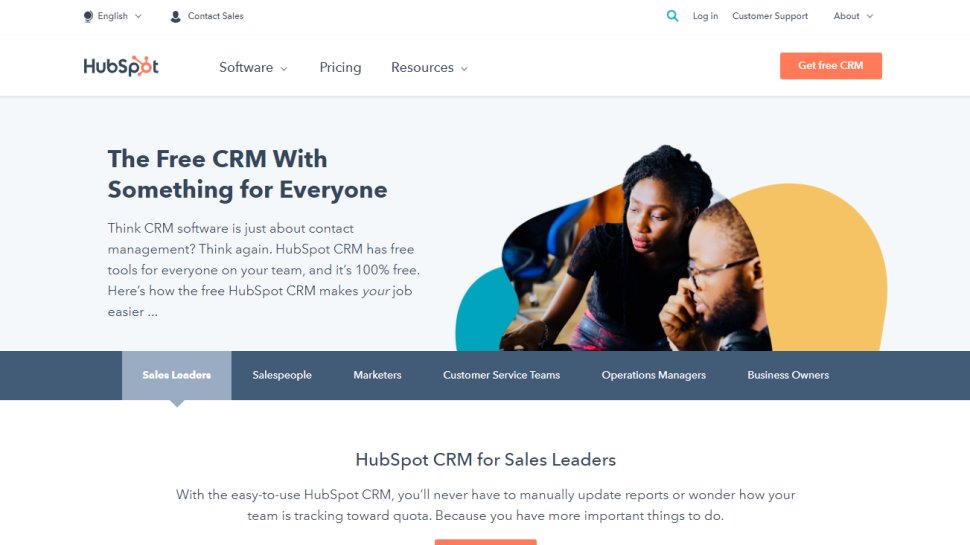
While B2B marketing automation and B2B customer relationship management (CRM) tend to overlap, they do have some key differences. In short, CRM requires human input to nurture business relationships while marketing automation is self-regulated after human instruction is given.
The longer explanation is: CRM refers specifically to practices related to managing your customer relationships. Software solutions that focus specifically on CRM typically offer features like a robust database as well as capabilities to communicate with customers.
However, CRM software alone doesn’t necessarily automate your marketing. A CRM software may give you the ability to capture and store customer data, but it may not have features to support drip campaigns or marketing and sales handover.
On the other hand, B2B marketing automation platforms often have CRM features built-in, which means you’re able to communicate with customers and run campaigns in addition to managing your relationships with them.
B2B marketing automation vs. Active campaign management
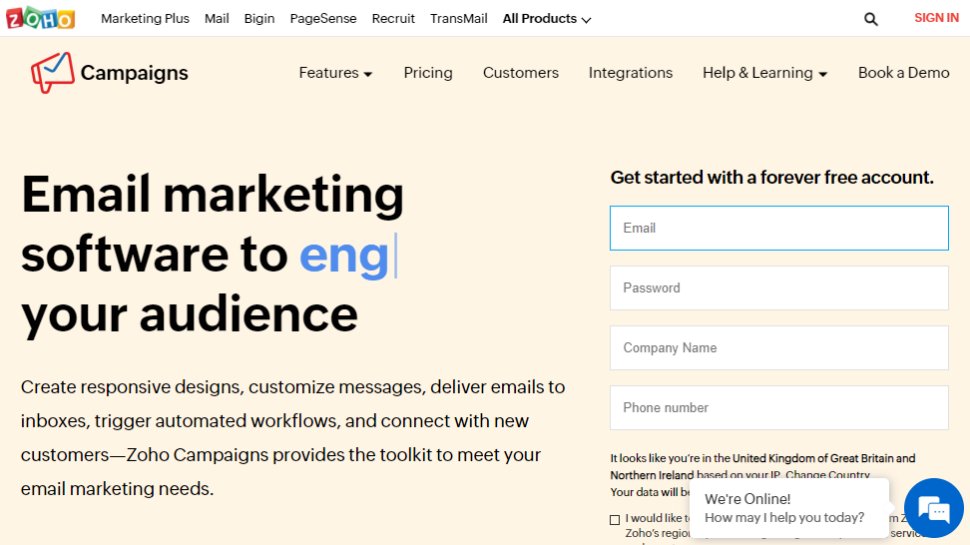
Marketing activities typically involve several distinct campaigns. They may include things like PR initiatives, social media campaigns, influencer outreach, and more. The act of managing these specific campaigns (i.e., ironing budgets, timelines, and scope) would fall into campaign management.
Meanwhile, anything related to automating the activities within or across your marketing campaigns would fall under the territory of marketing automation.
When did B2B marketing automation start?
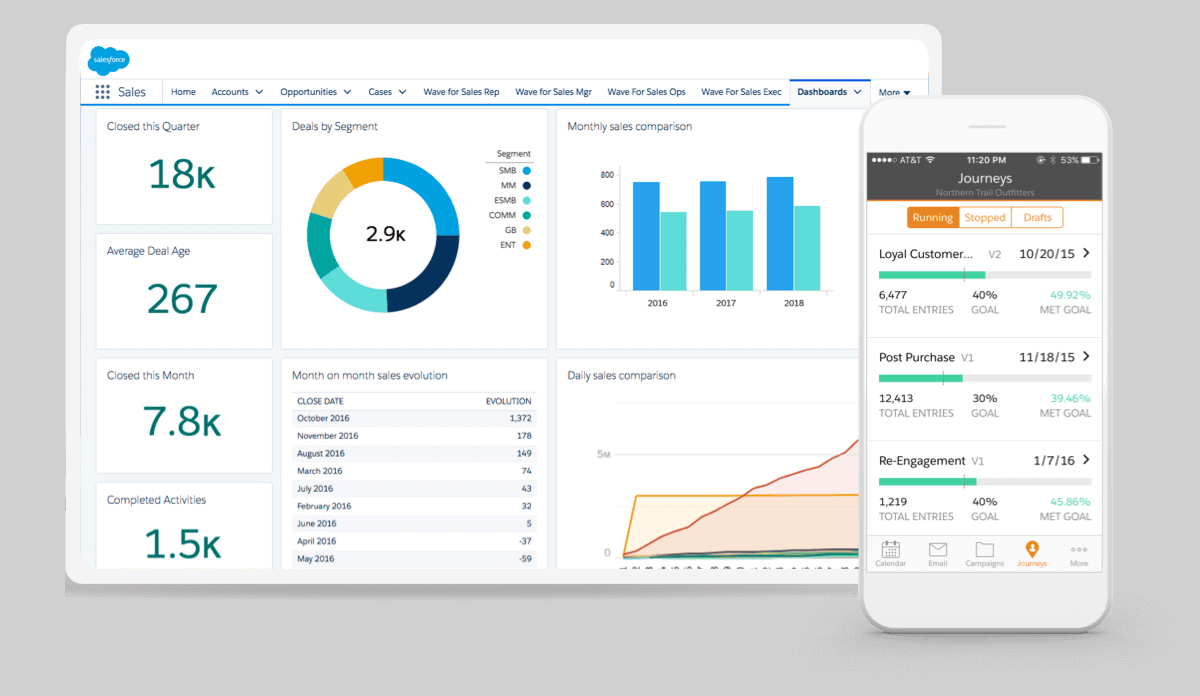
While marketing practices have existed since antiquity, people hadn’t really started automating them until much later.
One of the earliest companies in the arena was Unica (now a part of HCL Technologies), which was formed in 1992. Unica provided various marketing management tools that allowed enterprises to reach customers in the digital age.
Over the years, more and more consumers started adopting technology, and the marketing automation industry continued to grow. Alongside it, so did the need for sophisticated B2B marketing automation tech. Between 2006 to 2008, software solutions such as Salesforce and HubSpot emerged with more user-friendly and intuitive features that allowed businesses to do things like score leads, segment customers, and communicate with subscribers.
Today, B2B marketing automation technology is more accessible than ever. Solutions such as MailChimp and Campaign Monitor are enabling small businesses to launch more sophisticated marketing initiatives including Drip campaigns, social media funnels, and more.
Why is B2B marketing automation important?
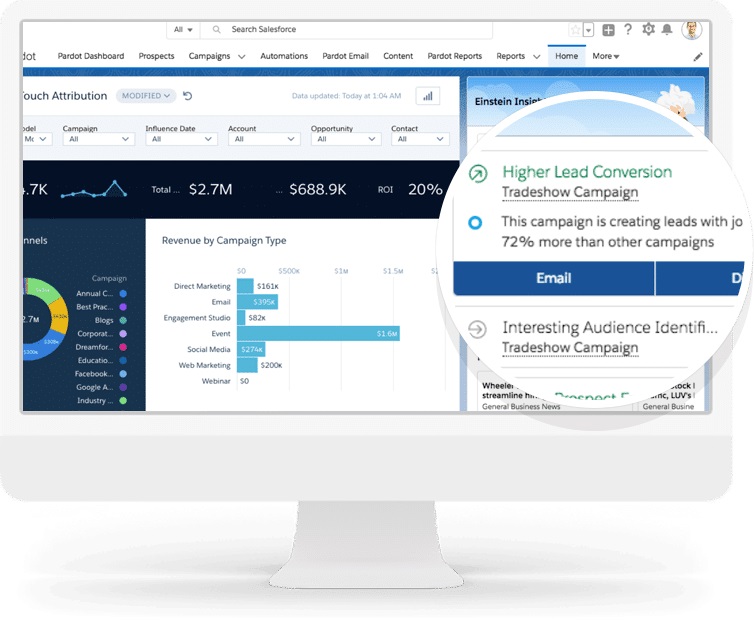
Earlier we looked at why marketing automation is generally a must for any B2C or B2B business that wants to maintain a strong brand presence across sales channels. This is particularly crucial in today’s modern landscape.
For B2B marketers marketing automation specifically helps to quickly understand how likely a new lead is to convert or an existing lead is to spend again. This is based upon prospect/lead scores, activity tracking, and advanced segmentation.
Pardot marketing automation software has a set of AI features to assist your business with this, called Pardot Einstein. Einstein Behaviour Scoring, Einstein Lead Scoring, Einstein Campaign Insights and Einstein Attribution.
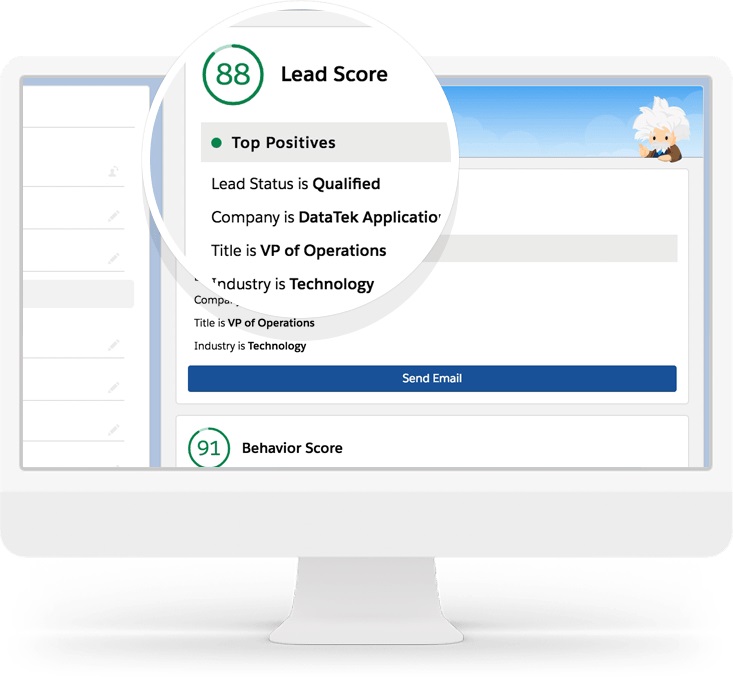
B2B marketing automation can help by streamlining repetitive tasks like:
✔ Scheduling and sending automated emails on time
✔ Sales outreach content via LinkedIn or Twitter, or retargeting ad campaigns on Facebook Business
✔ Building up targeted leads lists then onboarding them as new clients when secured
✔ Publishing new content: including social media, copy automation for blog posts, feedback surveys, webchat content out of business hours, automated sales tracking and analytics reports for the team,
✔ Notifying the team about important events (e.g., new leads, customer cancellations, brand mentions on social or news platforms, etc.)
Marketing automation solutions also let you manage different campaigns and channels from one platform, so you have a single view of all your marketing activities.
How does B2B marketing automation work?
The specifics of how marketing automation works largely depend on the tool that you’re using, as well as the types of campaigns you’re running. Here are some examples of how different software solutions automate various marketing activities.
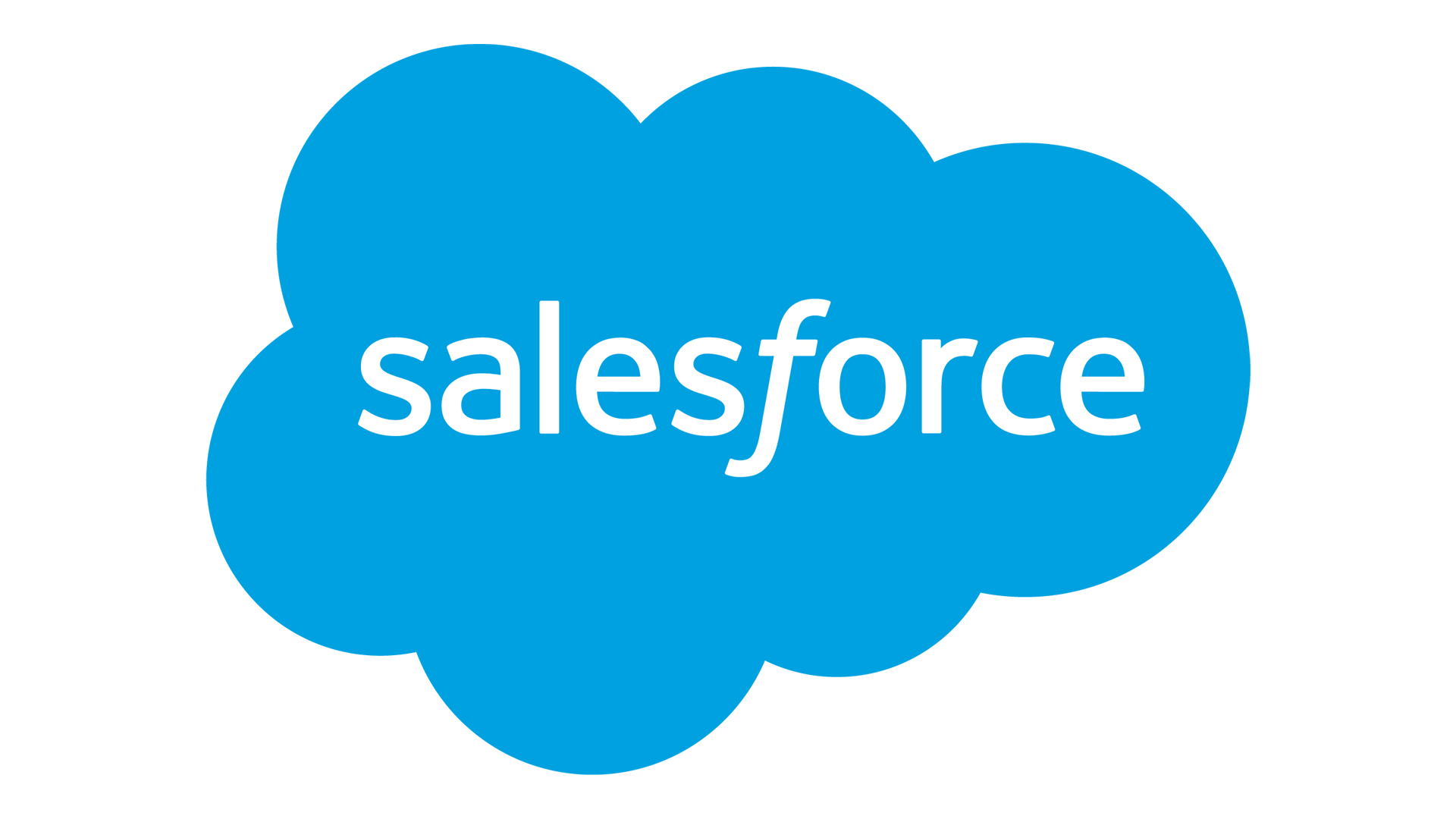
Salesforce is a large company that offers a wide range of sales and marketing tools, including specialist B2B marketing automation platform Pardot. Alongside its marketing workflow management, one of Salesforce' top offerings is its Lead Management feature, which makes it easy for marketing and sales teams to manage their pipeline and close more deals.
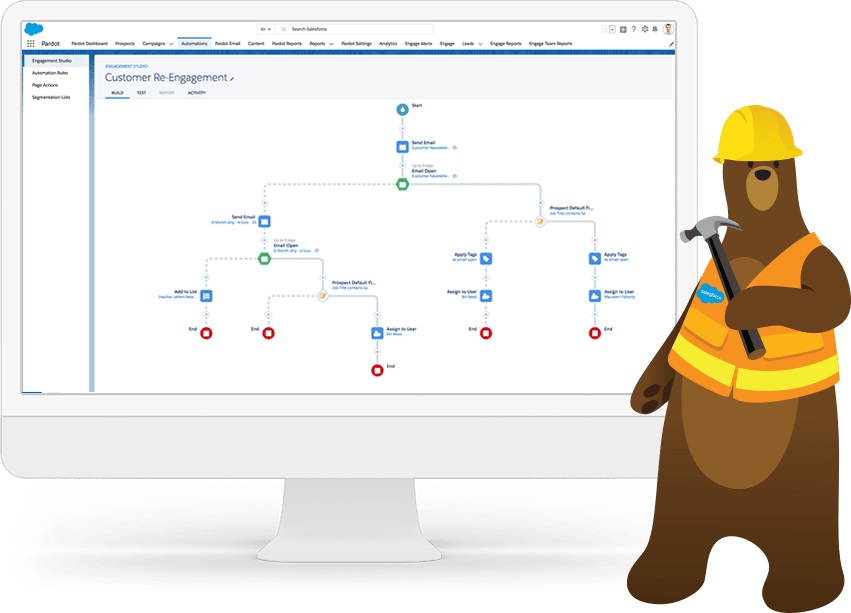
Here’s how it works: whenever you capture a new lead through Salesforce, the solution automatically tracks the activities of that lead and gives them a score based on the actions they’ve taken. For example, a lead that downloaded a piece of content and viewed your pricing page would score higher than someone who visited your site only once.
Salesforce can then route leads to your sales team automatically, to ensure that reps can touch base with leads while they're hot.
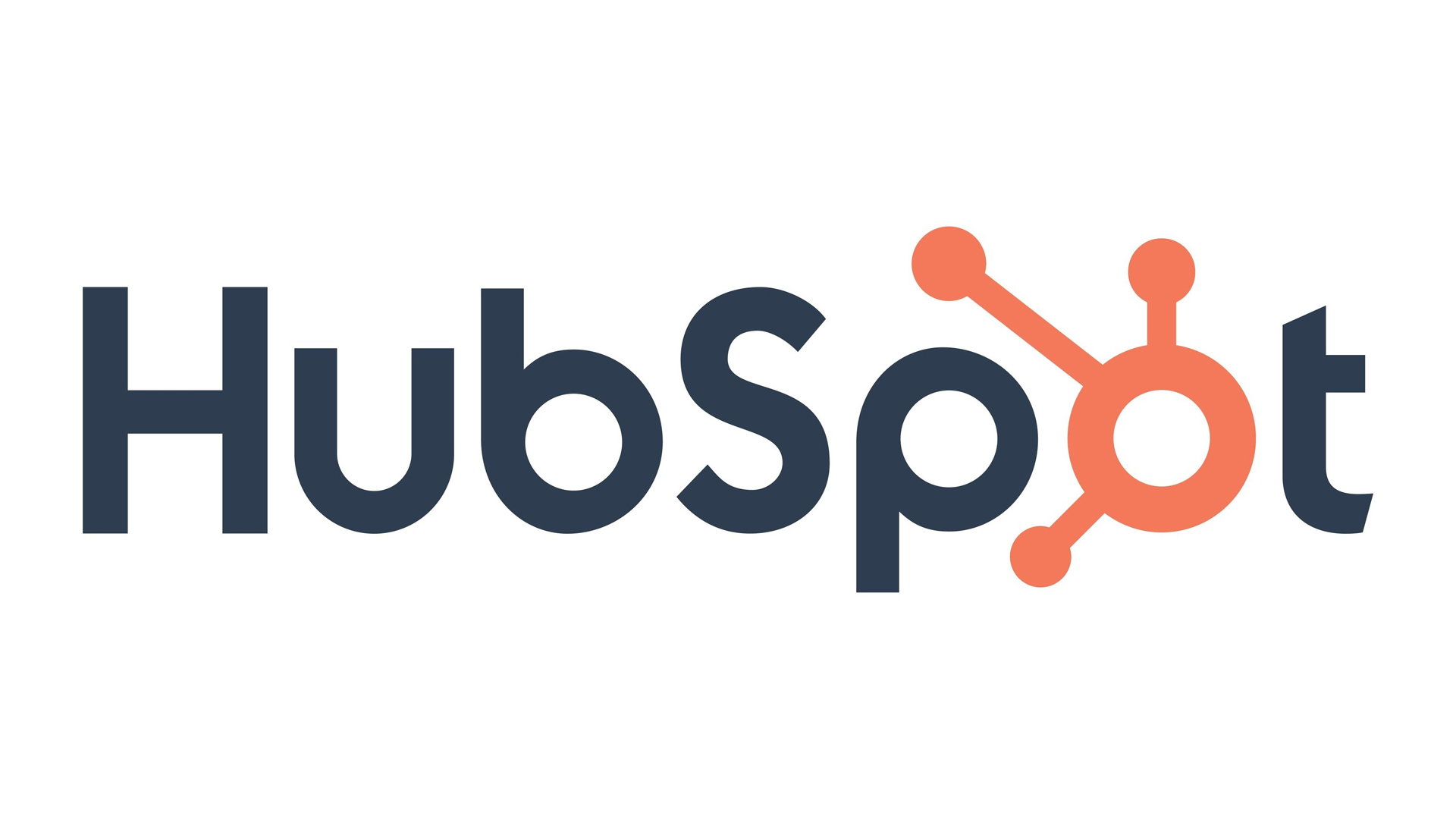
HubSpot is another well-known solution and one of its most popular features is its workflow tool, which enables you to design automated marketing flows using a web-based interface.
Here's how it works: You start by setting a trigger that enrolls a lead into the workflow. Examples of triggers include subscribing to your newsletter, submitting a form, or downloading a piece of content.
Once the trigger is set, you can then add automated actions (such as sending an email) to all the leads that enter the workflow. For instance, if you’d like to send a special discount to everyone who signs up for your newsletter, you can set the following trigger + actions:
① Trigger: user subscribes to the newsletter
② Action: send special offer via email
⨠ If the lead redeems the offer, remove them from the email flow
⨠ If the lead doesn’t redeem the offer, send a follow-up email after 5 days
✔Once the workflow is enabled, the system will get to work and start sending offers to the right users.
How do you choose B2B marketing automation software?

Your B2B marketing automation costs will depend on several factors, including the following:
⩥ Size of your database
⩥ Number staff users
⩥ Features and functionalities
⩥ Number of marketing campaigns you need to run
⩥ Level of customer account support you need
When shopping around for a B2B marketing automation platform, you must know your numbers when it comes to the above-mentioned factors. This will help you figure out how much to budget for the software.
It’s also worth noting that most B2B marketing automation solution providers use a subscription pricing model, so it’s easy to scale up or down depending on your needs. If you’re a new business, for example, it makes sense to start small and simple and go for a lower-tier plan rather than starting with a mid- or high-tier plan and end up with features that you don’t need.
How much B2B does marketing automation cost?
Marketing automation costs can range anywhere from $0 to well over six figures annually. Omnisend’s free plan, for example, offers email and SMS automation for up to 250 contacts. Meanwhile, Pardot, a B2B marketing automation platform owned by Salesforce, costs $15,000 a month for up to 75,000 contacts.
In summary
If you want to develop brand awareness with consistent results, and monitor leads throughout the sales funnel, marketing automation software isn’t just something’s that nice to have.
Modern customers expect speed, value, and personalization from the businesses they interact with, whether B2B or B2C. The only way to deliver these at scale is to automate your marketing activities.
Fortunately, marketing automation software is no longer reserved for sophisticated enterprises. These days, small and medium and businesses can gain access to tools that can streamline their marketing and enable them to interact with customers in the most efficient way.
Francesca has over 10 years experience as a B2B writer and content marketeer, creating content about retail, ecommerce, technology, and SMB. And has written for websites such as Entrepreneur.com, The Huffington Post, Lifehack, MediaBistro, Independent Retailer, Retail Touchpoints, and many more.
